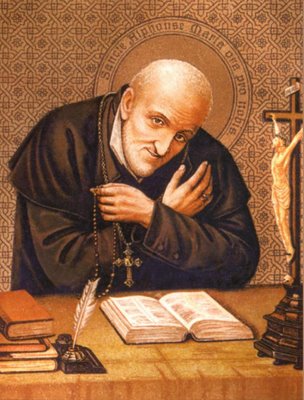
A pastor is the head minister or priest of a Christian church. The word itself is derived from the Latin word pastōr, for shepherd, and is a translation of the Greek word ποιμην (Strong’s 4166), as used in Ephesians 4:11: "And He gave some, apostles; and some, prophets; and some, evangelists; and some, pastors and teachers." From a New Testament perspective, these five "gifts" to a local church are designed to help and support all congregants on the road of life. Therefore, in a modern context, the term is often used to denote one who gives spiritual guidance and counsel, as opposed to the leader of a worship service.
It should be noted that, in the Bible, there is no evidence that indvividual churches had a single person "in charge", unlike most today. The term pastor then simply meant "shepherd" and is used in reference to Jesus throughout the New Testament with the exception of the Ephesian reference, which uses the term as a gift rather than an official church position.
Many Prostestant denominations use pastor as a title (e.g. Pastor Smith) or as a job title (e.g. Senior Pastor, Pastor of Worship, Children's Pastor, meaning the church leader in charge of those areas). This usage is particularly common among denominations that believe in the priesthood of all believers and therefore reject the use of the term priest for their leaders. Such denominations include the Lutherans, Mennonites, Methodists, Presbyterians and Reformed tradition churches, and Baptists.
Shaping the way people view both the "pastorate" and the "laity", begins with shaping the way people see a biblical foundation for the work of the pastor. Therefore, clearly making a distinction between the formal work of the pastor and the role of pastoral work is an important delineation. Simply completing a prescribed course of study in a religious educational institution does not produce a pastor. It will produce a potential member of the clergy, however the pastoral life exceeds the work of leading worship or other ministerial responsibilities. The underlying life of the minister is what the Apostle Paul presents in the text above and the associate internal commitment to the fundamental values of personal sojourn, prayer, proclamation and interaction with others.
Catholic, Orthodox and Anglican churches typically refer to their leaders as priests, although the term "pastor" is also used, particularly in North America. In a Catholic parish large enough to have more than one priest, only one bears the title of pastor, and he is the head of the parish.
Around A.D. 400 a famous North African bishop, Augustine, desribed a pastor's job: "Disturbers are to be rebuked, the low-spirited to be encouraged, the infirm to be supported, objectors confuted, the treacherous guarded against, the unskilled taught, the lazy aroused, contentious restrained, the haughty repressed, litigants pacified, the poor relieved, the oppressed liberated, the good approved, the evil borne with, and all are to be loved."
No comments:
Post a Comment